By Murid Javed
This book provides comprehensive information on Intracytoplasmic Sperm Injection (ICSI), its clinical considerations, outcomes and potential health effects. Male and female infertility is increasing all over the world. The basic techniques of assisted reproduction like ovulation control and intrauterine insemination are ineffective if the sperm quality or number is inadequate. The advanced fertilization techniques are in-vitro fertilization (IVF) and ICSI. In 15% cases of infertility, IVF results in total failed fertilization; therefore, ICSI must be used. Some clinics exclusively use ICSI for all infertility patients due to its reliability of fertilization outcome or to avoid total fertilization failure. This book is highly recommended for patients suffering from infertility or currently undergoing infertility treatment. It explains the factors affecting ICSI success rate. In ICSI, the embryologist picks a sperm for injection to fertilize oocytes whereas in intrauterine insemination and IVF, one sperm penetrates naturally. This manual selection of sperm has raised concerns especially in those patients suffering from severe male factor infertility. The nature of sperm defects varies and could be congenital, acquired or genetic. Children born through ICSI are, therefore, considered at higher risk of carrying the defect. Many investigations have been carried out to compare incidence of the defects between children conceived naturally and conceived through ICSI. Additional technologies have been developed to ensure the birth of a normal child. These include pre-implantation genetic testing and non-invasive prenatal testing. This book addresses these concerns and explains the health effects on children born through ICSI.
Product Details
- Publisher : Nova Science Pub Inc (June 25, 2021)
- Language : English
- ISBN-10 : 1536197629
- ISBN-13 : 978-1536197624
- ISBN-13 : 9781536197624
- eText ISBN: 9781536197938

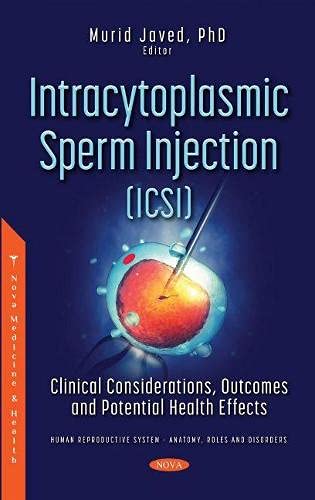


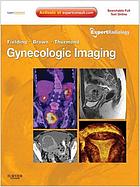
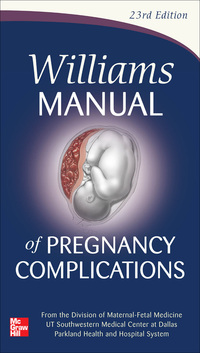
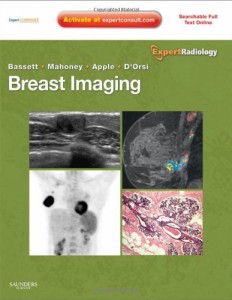

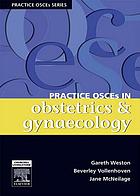
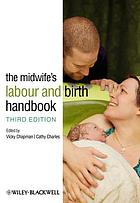
Reviews
There are no reviews yet.